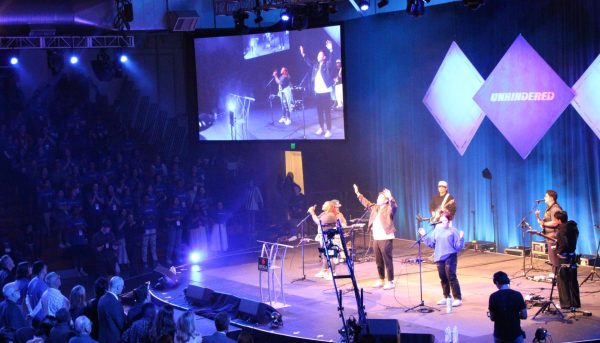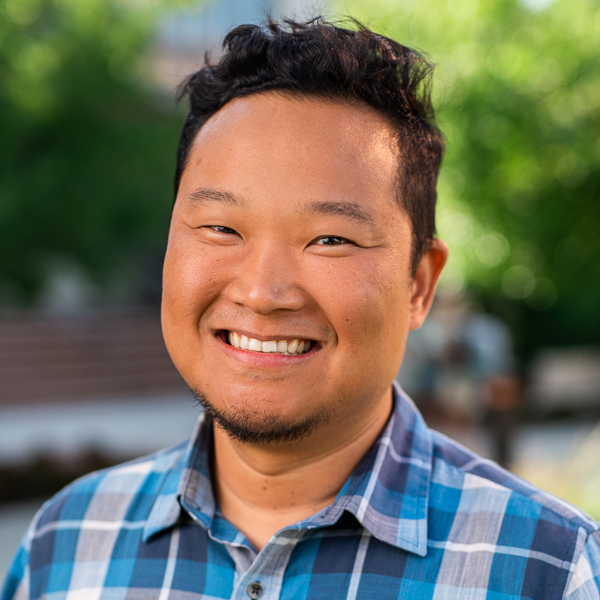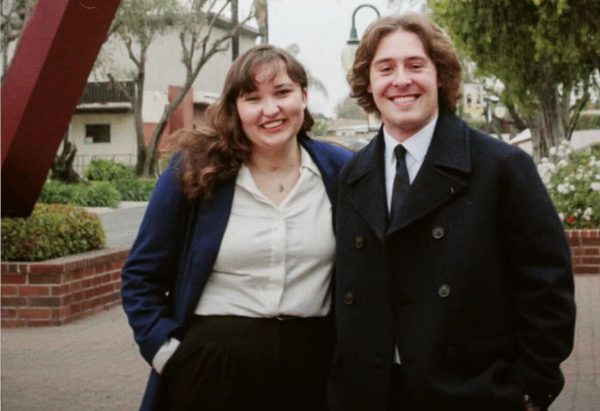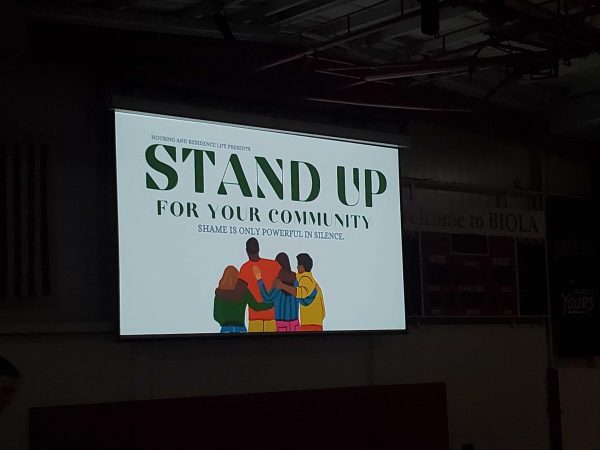Talbot alumnus fights for traditional marriage in Washington
Steve Hetrick argues against same-sex marriage in the state of Washington by using a social argument.
March 8, 2012
A stratagem to stow the Feb. 13 Senate Bill 6239, which was signed into law to allow same-sex marriages in the state of Washington, is being drafted and advocate Talbot alumnus Steve Hetrick is arguing the case without using the Bible.
Despite his Talbot pedigree with a 1990 Master of Divinity in pastoral theology, Hetrick is using a social argument to rally support. Before the law takes effect June 7, Hetrick, as part of the coalition Preserve Marriage Washington, is trying to muster the 150,000 signatures needed to certify referendum 74, which would postpone the legalization of gay marriage and cast the issue back on the November ballot.
The referendum was written up by the attorney general only hours after Governor Chris Gregoire signed the bill in Olympia. Joseph Backholm, Washington state director of Family Policy Institute, signed referendum 74 and paid the processing charges, according to fpiw.org. When gay marriage advocates discovered the term “redefinition of marriage” within the referendum, they filed suit to remove the language, due to the implication that marriage is being defined differently. The use of the term is still being disputed in the court, which is expected to announce a final decision Tuesday, according to the Seattle Times.
While California natives follow the proceedings of Prop 8, Biola University students also have a strong tie to Washington, there being more students from this fellow-coastal state than any other non-California resident group, according to the Biola University Fall 2011 Admissions Report. Hetrick and his fellow advocates are optimistic about gaining enough signatures, and Hetrick claims that the social arguments being used are gaining attention.
Protecting traditional marriage
“In the end, marriage [between a man and a woman] is self-evident. That really is what is behind most of my approach,” Hetrick said in a phone interview from his home in Spokane, Wash. on Feb. 25. The framers of the Constitution wrestled with a way to adjudicate moral issues outside of the Bible when necessary, according to Hetrick.
“They came to this phrase, ‘We hold these things to be self-evident,’ and that meant that there was a body of knowledge — a corpus of material — available to every person regardless of whether they had the Bible or not,” Hetrick said.
Stating that sexual orientation is a liberty and not a right, Hetrick explains that not everyone sees gay marriage as a self-evident truth. Only 0.927 percent of Washington residents declared themselves as same-sex households on the 2010 census. At a public hearing consisting of two committees, pro and con, held at the Washington state capitol in Olympia Jan. 23, over 2,000 pins were handed out in opposition to the bill, according to Hetrick.
“We need to do a better job framing the political argument as protecting traditional marriage and the body of civil law surrounding it,” said Paul Rood, a retired corporate executive and part-time lecturer in politics and economics at Biola.
Rood alluded to John Locke, who in his “Second Treatise of Government” describes covenant between one man and one woman as the “foundational law of nature.” The English and American legal systems were built on a body of family law based on this natural law concept, according to Rood.
The political argument at hand is better made in the legislature and courts, rather than in a referendum, according to Rood, but he states that if a referendum is the only option it stands its best chance on a political basis.
“Certainly, if we lose, we believe that will usher in a whole landslide of pro-gay marriage states,” Hetrick said. “We are very sober up here [in Washington state] … and we are also very hopeful.”
Keith Edwards, professor of psychology at Rosemead, states that the psychological and social implications of a change like the legalization of gay marriage can take years and decades to unfold, and he does not believe that prohibiting it will solve the larger troubles that envelop unions in the nation. If the referendum in Washington is not passed however, he does believe it could be “a lynch pin for undermining the very concept of a theistic Christian worldview.”
During the upcoming months, Hetrick will help to establish prayer groups in each district of the state while the arguments against gay marriage will continue to circulate and referendum 74 is finalized.






